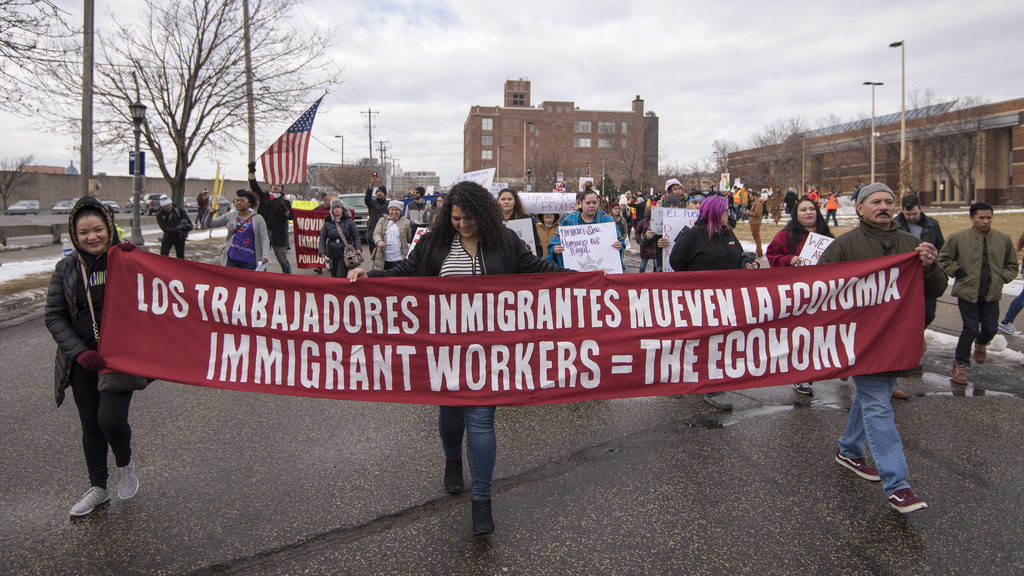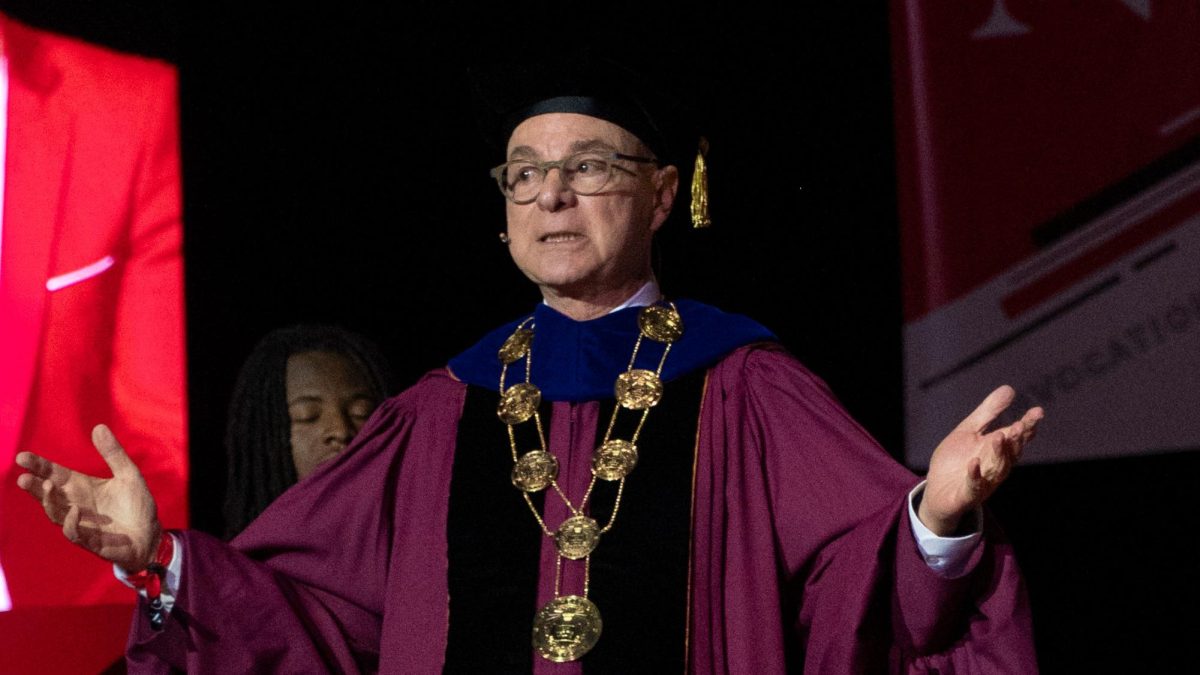Op-ed: Renew U.S. temporary protected status for Haitians
February 14, 2018
In the recent torrent of national debate over immigration policies, Northeastern students might have missed the termination of Temporary Protected Status, or TPS, for 59,000 Haitians in the United States. In July 2019, this displaced contingent will be asked, or forced, to leave the country and return to their homes in Haiti. However, home does not look the same for these people. With that truth in mind, our government should not abandon its protection of these Haitians; instead, it should grant them a long-term extension of TPS.
It has been just over eight years since a massive earthquake struck Haiti on Jan. 12, 2010, which leveled the nation’s capital, Port-au-Prince, and killed hundreds of thousands of Haitians in 30 seconds. One might imagine that eight years is an ample amount of time to recover from a catastrophe, but the deck is severely stacked against Haiti’s restoration efforts. Extreme poverty, a constant string of natural disasters and a cholera epidemic define the Haitian reality. Every step forward is accompanied by a step backward.
Certainly, some progress has been made in Haiti since 2010, but experts on the ground insist the country is ill-prepared for the influx of displaced persons taking refuge in the United States. Fernet Leandre, co-executive director of the Haitian branch of the non-profit organization Partners in Health, says “the country is not ready to receive 60,000 people and won’t be ready within the next year.” Haiti’s public hospitals and clinics are still rebuilding and are overwhelmed with their current service populations.
Leandre maintains that these providers “are not ready to provide basic health care to more people,” let alone specialty care. What’s more, the ongoing battle against cholera continues, and new returnees — without immunization or exposure to the new pathogen — will be at particular risk.
With its revocation of TPS, our nation would not only send these 59,000 men, women and children into a perilous health situation; it might also leave many of them without shelter. Paul Altidor, Haitian ambassador to the United States, notes that 40,000 Haitians who lost their homes in the 2010 earthquake still live in camps for the displaced. In other words, infrastructure lags far behind need. It is difficult to imagine, therefore, that many of the new returnees would be able to quickly secure housing of their own.
Returnees might even struggle to satisfy their need for food. In October 2016, Hurricane Matthew devastated the southern claw of Haiti, which provides a third of the nation’s agricultural produce. Leandre estimates that this level of production would need a decade to fully recover. Food insecurity and malnutrition were already significant problems in Haiti, but Matthew elevated them to extreme heights. Hunger will only be further exacerbated once the United States forces 59,000 Haitians to return to these dire circumstances.
What is so astonishing about this decision is the mistaken claim that Haitians and TPS holders from other countries such as El Salvador, Honduras and Nicaragua are somehow a detriment to our nation. No — these are people who live and work alongside us. They supply unique threads to our social fabric and valuable contributions to our economy. In Massachusetts alone, there are at least 7,800 TPS holders; they work at comparable rates to the overall population and contribute nearly $650 million to the state’s GDP, according to the Center for American Progress. To pretend that these displaced persons place any particular burden on our state or nation is willful ignorance of their value. A rejection and removal of our Haitian neighbors is a spiteful act in any sense, even against ourselves.
But Americans need not reduce the worth of these men and women to economic figures or base our hospitality on what they can provide for us. We should strive to be better — more open-hearted and open-handed. Our compassion can and should stretch beyond our borders. The fact that our leaders and some of our fellow citizens ignore both the moral and economic arguments reveal the basis of this decision to revoke TPS: simple racism and contempt.
I call on Sens. Elizabeth Warren (D-Mass.) and Ed Markey (D-Mass.) to speak out against this hard-heartedness. As they and their colleagues work to defend DACA recipients, I urge them to include in their efforts a long-term renewal of the protected status of Haitians, as well as Salvadorans, Hondurans and Nicaraguans in similar situations. The battle over Dreamers has become a politically popular one for the Democrats to fight, and it is a valiant one. However, this work will simply be incomplete if we close the door on those least recognized and most vulnerable — like our Haitian brothers and sisters.
Anthony Formicola is a fifth-year behavioral neuroscience major.








